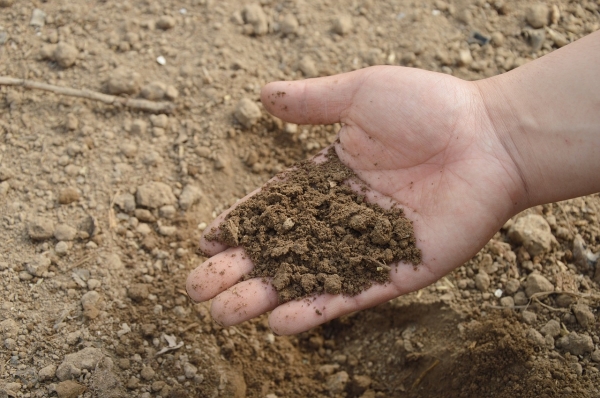Microbes are by far the most important factor in determining how much carbon is stored in the soil, according to a new study with implications for mitigating climate change and improving soil health for agriculture and food production.
The research is the first to measure the relative importance of microbial processes in the soil carbon cycle. The study’s authors found that the role microbes play in storing carbon in the soil is at least four times more important than any other process, including decomposition of biomatter.
That’s important information: Earth’s soils hold three times more carbon than the atmosphere, creating a vital carbon sink in the fight against climate change.
The study, “Microbial Carbon Use Efficiency Promotes Global Soil Carbon Storage,” published May 24 in Nature, describes a novel approach to better understanding soil carbon dynamics by combining a microbial computer model with data assimilation and machine learning, to analyze big data related to the carbon cycle.
Read more at Cornell University
Photo Credit: Jing via Pixabay


